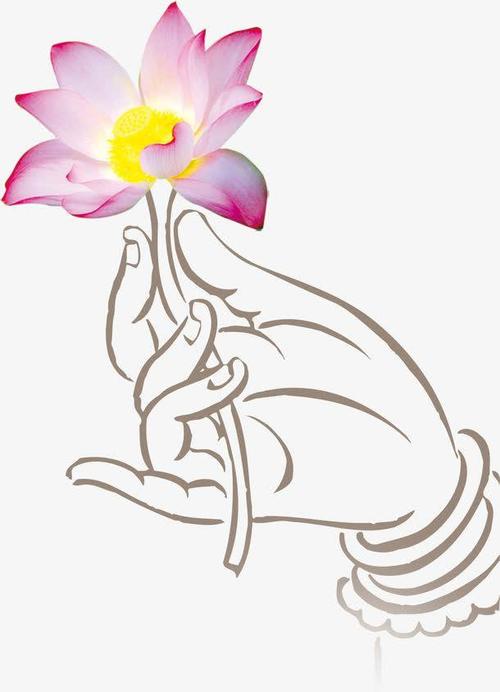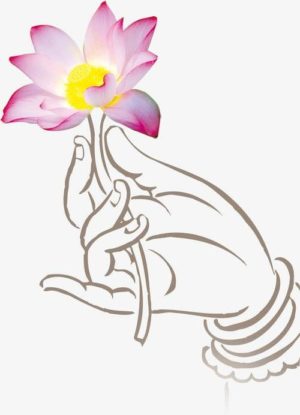A mortal sat under a tree, waiting for his friend, and found a sage sitting in the tree. The sage said to the mortal: “I have seen your friend, he is already on the road.” The mortal looked at the end of the road but saw nothing. “I didn’t see him, he can’t be.”
Later, the friend appeared, and the friend talked with the mortal for a while and went home. “I can’t see my friend, so he must be home.” The mortal said.
“Your friend is still on the road, and I can still see him.” The saint said.
“There are no people on the road, and my friend must have returned home.” The mortal said with conviction.
The mortal sight determines the mortal vision; mortal vision determines the mortal world that he sees. When ordinary people

凡人與聖人的眼界
凡人坐在樹下,等自己的朋友,聖人坐在樹上。聖人對凡人說:“我已經看到你的朋友了,他已經走在路上了。”凡人望瞭望路的盡頭,什麼也沒有。 “我沒有看到,肯定沒有。”後來,朋友出現了,朋友與凡人交談了一會,就回家了。 “我看不到朋友了,他一定回到家了。”凡人說。 “你的朋友還在路上,我還能看到他。”聖人說。 “路上已經看不到人了,我的朋友一定回到家了。”凡人確信無疑地說。
凡人的眼界,決定凡人的視界,凡人的視界,決定凡人看到的世界。凡人看不到無為之大為,看不到無用之大用時,凡人在迷途中,覺悟不了道時,聖人說什麼,對於凡人來說,都可能是對牛彈琴。所以,佛陀無話可說,只能拈花微笑;所以,老子說:“道可道,非常道。”




